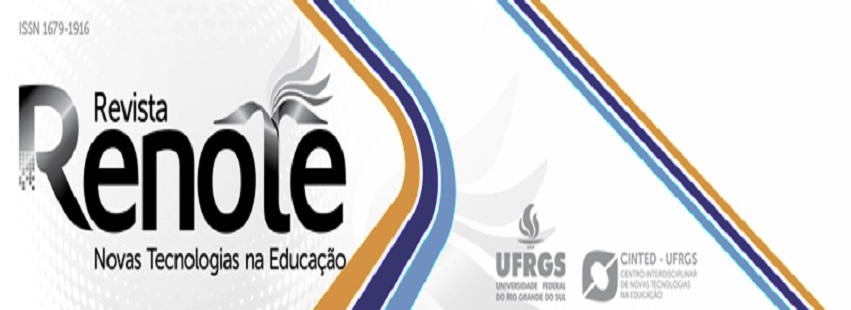
Learning Physics and Engagement through the Nivelamento Online Game during the COVID-19 Pandemic
28 de December de 2021
Catalisa ICT selects CriptoNio in Innovation Plans call
21 de March de 2022The COVID-19 pandemic brought unprecedented challenges to the world of education, forcing educators and students to adapt to new forms of distance learning. In this scenario, academic research continues to play a crucial role in the search for effective methods of online learning. A new study titled “Learning Physics and Engagement through the Nivelamento Online Game during the COVID-19 Pandemic,” authored by researchers Danilo Sande, Denise Sande, and Ana Amélia Carvalho, sheds light on how games can be a valuable tool for non-face-to-face education. The article was published in the New Technologies in Education Journal, from CINTED-UFRGS.
Nivelamento Online Game (NiO): An Innovative Approach
The study examined the impact of the Nivelamento Online Game (NiO) on the learning of Physics and engagement of two groups of university students. Group 1 used NiO to solve a series of Physics problems in the first week, while Group 2 faced the same challenges on the Moodle virtual platform. In the following week, the groups exchanged technological resources, allowing a direct comparison of the results.
The researchers collected valuable data through usability questionnaires (SUS), engagement assessment (EGameFlow), and questionnaires exploring the students’ experience in terms of learning, motivation, and satisfaction.
Surprising Results: NiO Outperforming Moodle
The results of this research were surprising, highlighting the potential of NiO as a tool to support non-face-to-face teaching. Students who used NiO reported higher satisfaction with their learning experience, greater motivation, and more satisfaction compared to those who used Moodle.
Furthermore, NiO showed a clear advantage in terms of engagement, especially in the dimensions of “Clarity of Purpose” and “Improvement of Knowledge,” as assessed by the EGameFlow instrument. This suggests that the space travel narrative and game design elements incorporated into NiO played a fundamental role in keeping students engaged and motivated.
Looking to the Future
The conclusion of the study emphasizes the importance of games as digital resources in education and the need to continuously evaluate these tools. NiO, a Physics quiz for mobile devices, demonstrated its potential as a tool to support online teaching, but the researchers have ambitious plans for the future.
Future prospects include pre- and post-intervention learning tests with NiO, continuous optimization of the game based on student feedback, and expanding its use to personal computers. Additionally, the team plans to incorporate strategies that reinforce learning, allow players to create and evaluate content, and promote interaction among students.
Conclusion
The study by researchers Danilo Sande, Denise Sande, and Ana Amélia Carvalho highlights the effectiveness of the Nivelamento Online Game (NiO) as a valuable tool for non-face-to-face Physics education during the COVID-19 pandemic. Its results suggest that games can provide greater engagement, motivation, and satisfaction to students compared to traditional approaches.
As research continues to explore the potential of games in education, NiO stands out as a promising example of how technology and game design can revolutionize online learning. With a future full of possibilities for optimization and expansion, NiO may become an indispensable tool for educators and students worldwide.
Article
Read the article below or on the website of the New Technologies in Education Journal, from CINTED-UFRGS.

